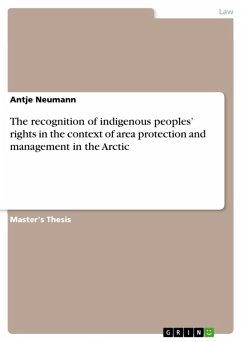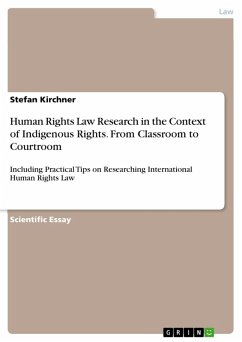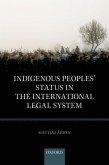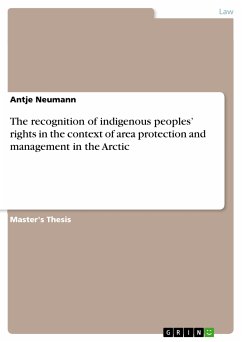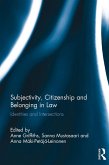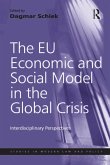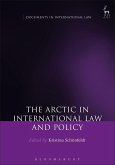Master's Thesis from the year 2010 in the subject Law - Comparative Legal Systems, Comparative Law, grade: 9,5 ETCS, , course: Master Programm "Polar Law", Recht der Polarregionen (Arktis und Antarktis), language: English, abstract: The issue of increased human activities in the context of area protection and management is of very high relevance, specifically with respect to the Arctic. Due to climate change, which continues to be widespread in the Arctic, and in some cases, dramatic, new prospects for economic development arise. Reduced sea ice, for example, is very likely to increase marine transport and access to resources. At the same time, the region is faced with numerous environmental challenges like those of projected shifting of vegetation zones and wide-ranging impacts on animal species' diversity, ranges, and distribution. On the base of these developments, it is very likely that interests of maximum resource extraction and energy production conflict with those of keeping the environment pristine. In consequence, "an extension of natural reserves/wilderness parks both on land and at sea might need to be considered as the price for letting local populations and incomers enjoy more unrestrained development in the remaining areas". The Arctic is home to many indigenous peoples, including reindeer herders, hunters, fishermen and nomads. They all share one common feature: their dependency on a healthy environment to support their livelihoods and chosen ways of life. They are the descendants of peoples who followed the retreating icecap in Europe, spread out over northern Siberia and the Russian Far East, and crossed the Bering Strait some 4,000 years ago or more. Indigenous peoples are particularly impacted by climate change because of their cultural and physical dependence on the environment, and their frequent lack of access to the resources necessary to avoid the impacts of detrimental changes in their environment. In such a situation they might find themselves in the middle of those conflicting interests described above: on the one hand, defending their environment from external desirousness and from this point of view supporting the designation of certain areas as especially protected for their livelihoods, on the other hand, having an interest to participate in economic developments and to be engaged in the exploration of natural resources. Against this background, indigenous peoples' rights are of important significance in the context of area protection and management in the Arctic.[...]
Dieser Download kann aus rechtlichen Gründen nur mit Rechnungsadresse in A, B, BG, CY, CZ, D, DK, EW, E, FIN, F, GR, HR, H, IRL, I, LT, L, LR, M, NL, PL, P, R, S, SLO, SK ausgeliefert werden.

